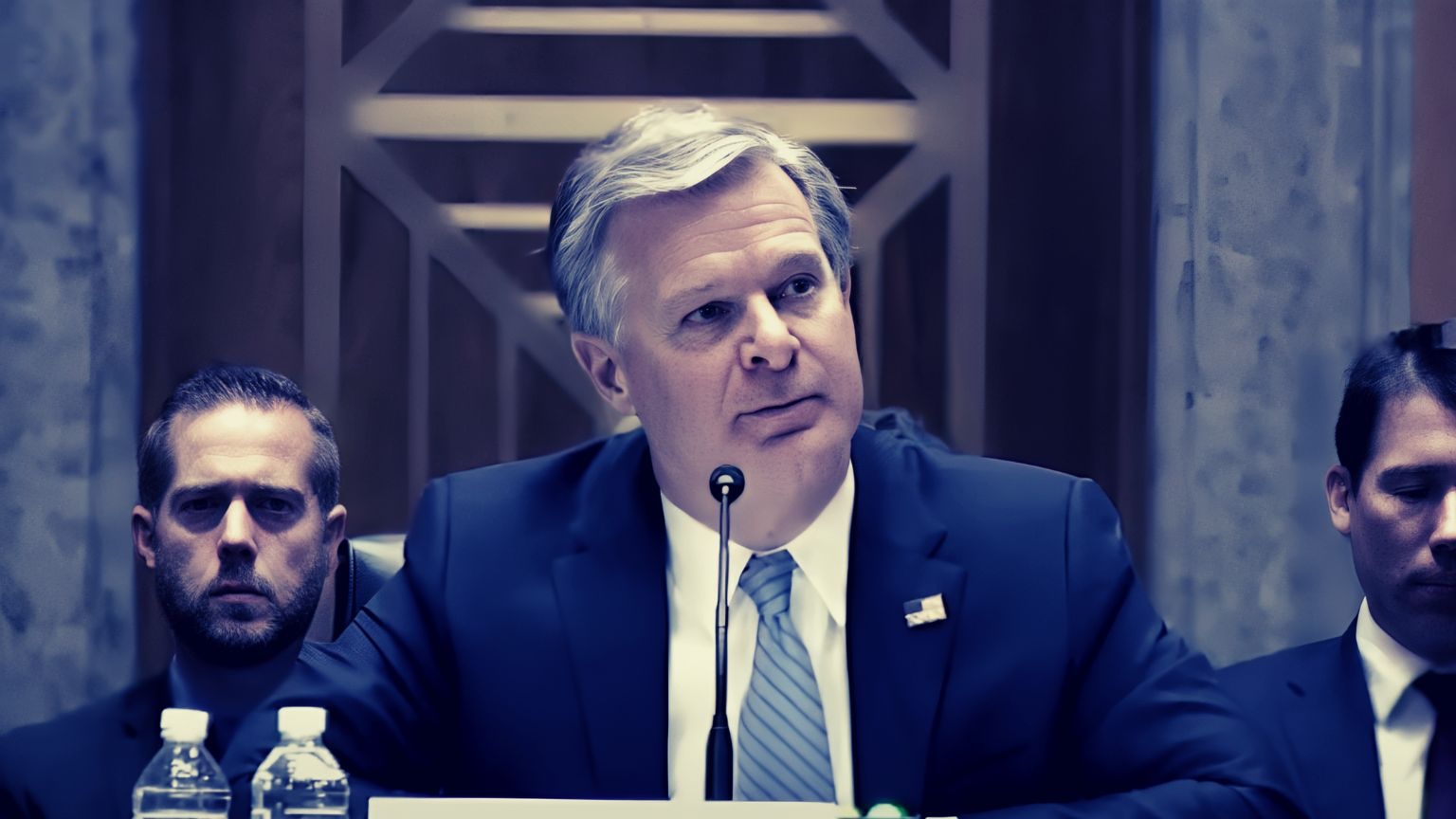Senator Rand Paul (R-KY) confronted FBI Director Christopher Wray about the collusion with social media companies and whether the FBI scoops up private information to identify users.
Related: Commercial surveillance is state surveillance
“Is Facebook or any other social media company supplying private messages or data on American users that is not compelled by the government or the FBI?” Paul asked Wray. “No warrant, no subpoena, they’re just supplying you information on their users?”
“I don’t believe so, but I can’t sit here and be sure of that as I sit here,” Wray replied.
“Can you give us a yes or no by going back to your team and asking? Because it’s a very specific question. Because if they are, it’s against the law,” Paul said, invoking the Electronic Communications Privacy Act of 1986. “This was done to protect the privacy of people so we could feel like we can send an email or direct message to people without having that information given over. It’s a very specific question: Will you get with your team of lawyers and give us a specific answer? Because this is the law. If you’re doing it, then we need to go to court to prevent you from receiving this information.”
“Well, I can tell you that I’m quite confident that we’re following the law —, ” Wray started.
“Well, that’s not the answer, ” Paul responded.
“ — but what I will also follow up with you to make sure we get you more information; more detailed information,” Wray added.
“Is the FBI obtaining anonymous social media data and then using technical methods to pierce the anonymous nature of the data?” Paul questioned.
Wray paused before asking, “Anonymous social media data?”
“So you purchase data,” Paul said. “People purchase data all the time and we sort of tolerate it for advertising and things because it’s anonymous data. Are you purchasing what is said to be anonymous data through the marketplace and then piercing the anonymous nature to attach individual names to that data? Are you purchasing data and then piercing the anonymous nature of that data?”
“So the manner in which we use — we usually use the term commercial data — is probably longer than I can explain here. But again, let me —, ” Wray said appearing to dodge the question.
“So you will not answer the question of whether or not you’re attaching names to anonymous data,” Paul stated.
“I think it’s a more complicated answer than I can give here,” Wray responded.
“So, so far we’re 0 for 2 at getting you to answer this, but you’re pledging you will actually answer the question because you have to realize the frustration; we’ll write you a letter and your team of lawyers will write back with a 15-page letter that says nothing and you won’t answer the question. These are very specific. This is whether you’re obeying the law, whether we can have confidence. I want to have confidence,” Paul said.
“We are obeying the law,” Wray responded.
“Well, you’re saying that, but you won’t tell us the answer,” Paul stated. “You aren’t telling me the answer. And the answer is: Are you collecting data not compelled by a warrant? That would not be in compliance with the law. But you won’t answer that you’re not collecting that data.”
Eventually, Paul asked, “Are you getting tips and leads from social media companies?”
“We get tips and leads from companies, absolutely,” Wray acknowledged.
“You may think this is jolly well to get all this stuff without a warrant that people volunteer to you, but many of us are alarmed that you’re getting this information that are private communications between people because it is against the law – it’s against the law for Facebook or social media companies to give it to you, but it’s also against the law for you to receive it,” Paul ended.






















